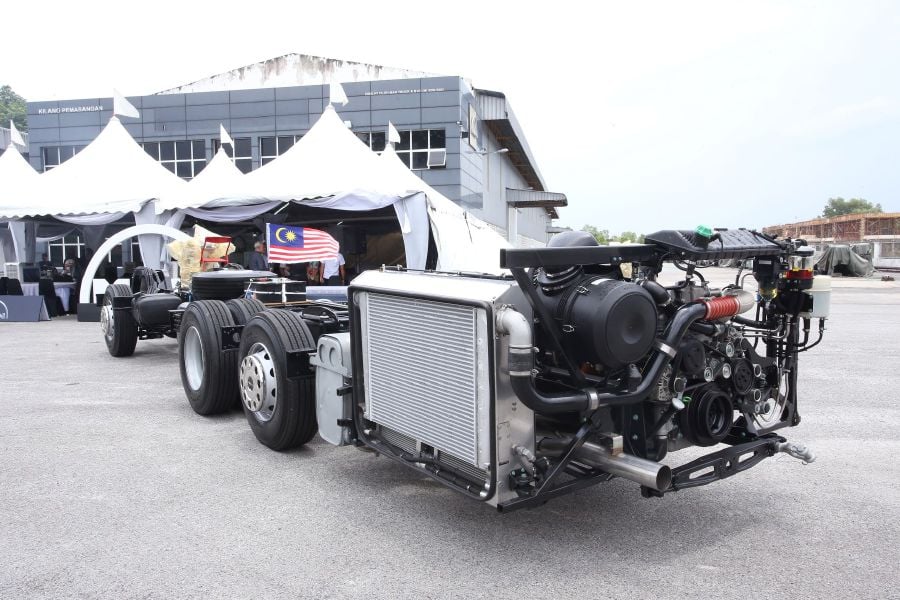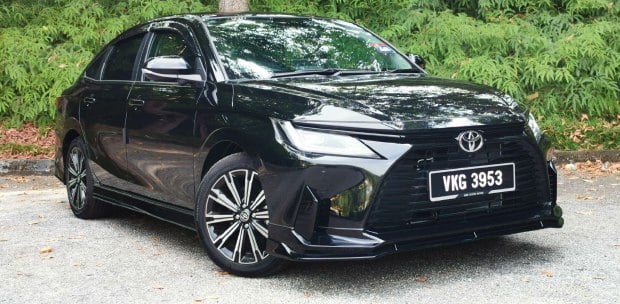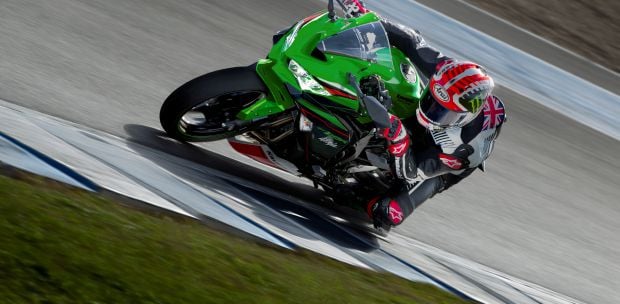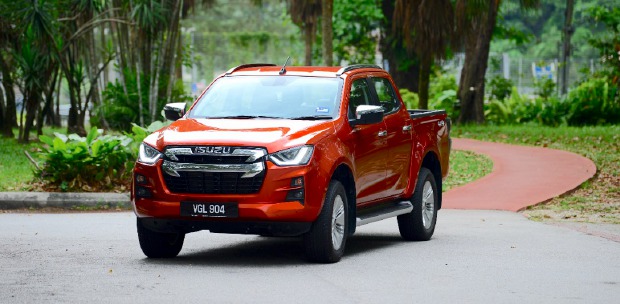KUALA LUMPUR: MAN Truck & Bus (M) Sdn Bhd (MAN Malaysia) plans to introduce a low-emission Euro V engine for buses in 2023.
Speaking at MAN Bagus, an annual gathering for key players from the bus industry at its Serendah local assembly (CKD) plant, managing director Andrew O'Brooks also hope to start taking orders for the MAN e-chassis by next year.
However, he said that is dependent on the development of the EV-charging infrastructure that they hope would be the primary focus of the Malaysian authorities.
"These are ground-breaking moves by MAN Malaysia as we continue to offer environmentally-friendly options to the transport industry as we lead the drive towards carbon neutral status for Malaysia by 2050.
"The introduction of Euro V engines and e-chassis will certainly differentiate MAN Bus offerings, which are already renowned for their quality, reliability, versatility and flexibility," he said.
During the event, MAN Malaysia not only took the opportunity to reconnect with bus operators but to also share updates on global trends and MAN's success in developing electro-mobility solutions for the public transport sector such as the MAN Lion City E.
The MAN Lion City E, which is already in actual inner-city service in several European cities, is said to have proved that it could handle long distances too having covered some 2,500 km from Munich in Germany to Limerick in Ireland during this year's Electrifying Europe Tour from April 29 to May 8.
The company has however noted that there challenges that need to be addresed before the new e-chassis could become a viable offering in the Malaysian market.
First is that there are few incentives to go electric on a major scale as a petroleum producing country with relatively low prices at the pumps.
Next are the actual steps and implementation process which remain unclear with few incentives for consumers to invest in electric PSVs (public service vehicles) despite the Malaysian government's commitment to achieve carbon neutral status by 2050 at the earliest.
Lastly, the investment and development of charging stations and relevant infrastructure are perhaps the biggest obstacles to bringing the e-chassis or even imported (CBU) e-buses into Malaysia.
That said, O'Brooks expressed confidence that bus operators in Malaysia would have the foresight to join the sustainability journey like many of their counterparts in the transport and logistics sector that did not hesitate to add the New MAN Truck Generation with Euro V engines as standard to their fleet.
"I believe that many will see the benefits of investing in a more sustainable, fuel efficient, and low-emission vehicle for their fleets. All of us must do our part in helping reduce the industry's carbon footprint if Malaysia if it is to achieve carbon neutral status by 2050 with road transportation being a major contributor of emissions," he said.






